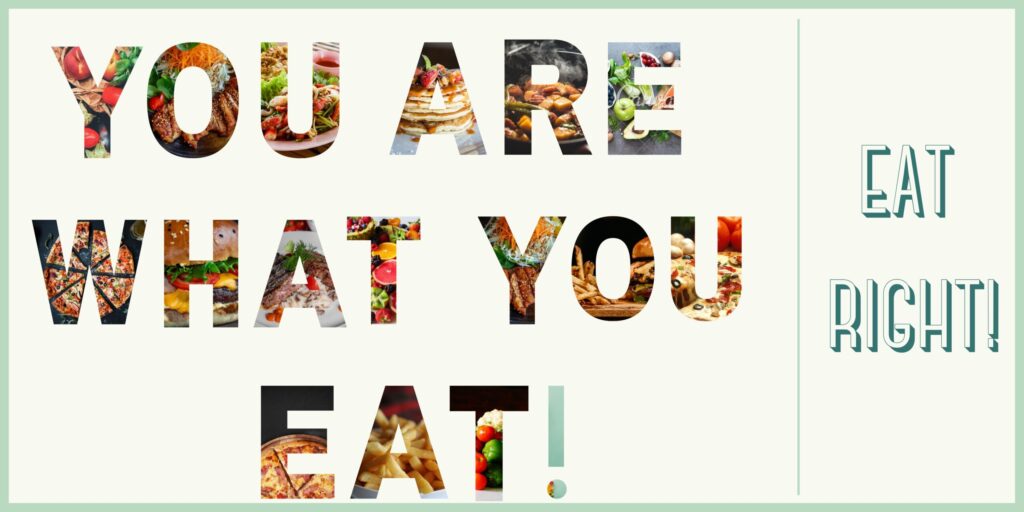What you eat is what you are! What is the meaning of this? It means ‘Health is Wealth!’. A diet high in fruits and vegetables has been technically confirmed to provide several health benefits, including lowering your risk of chronic ailments and keeping your body in good shape. Organic food products play a vital role in one’s health.
The crucial factor to a healthy diet is consuming the appropriate quantity of calories for your activity level, ensuring that the energy you ingest is balanced with your energy spent. You will put on weight if you consume more food than your body needs because the energy you do not utilize is stored as fat. You will lose weight if you consume little food.
Short-term weight loss can be achieved by making abrupt, dramatic adjustments, like eating only vegetable soup. On the other hand, such extreme changes are neither healthy nor prudent, and they are doubtful to do well in the long run. Permanently altering your eating habits necessitates a deliberate approach that includes consideration, substitution, and fortification. Remember, “What you eat is what you are.”
Consider all of your eating behaviours, both positive and negative, as well as your normal consuming stimulants. SUBSTITUTE your deleterious eating habits with better behaviours. FORTIFY that your new, better-eating habits are maintained. It would help if you also ate various food to ensure that you have a well-balanced diet and that your body is getting all of the nutrients it needs.
Constituting healthful eating habits comprise the consumption of a wide range of veggies, a variety of fruits, whole grains, and high fiber-rich products. Saturated fats and trans-fats (such as partially hydrogenated oil) should be avoided to the greatest extent possible. Instead of solid fats, use vegetable oils. Daily, lessen the use of sodium or salt intake. Limit or remove “junk food,” which includes solid or trans fats, refined white flour, high-sodium items, and added sweets. Restrain or stop calorie-dense, nutrient-deficient liquids like sodas and other sugar-sweetened beverages. As they say, “What you eat is what you are.”
Starchy carbohydrates should make up a major part of your diet. Wheat, rice, bread, potatoes, and cereals are among them. Select wheat, brown rice, or potatoes with their skins on for more fibre or wholegrain variants. They include more fibre than white or refined starchy carbohydrates, so they can keep you feeling fuller for a longer period. At least one starchy food should be included in each main meal. Some individuals feel starchy meals are fattening, despite the carbohydrate content being less than half that of fat, unit to unit. Keep an eye on the fats you use while cooking or serving these foods because they add calories – for example, butter on toast.
Organic foods have been increasingly popular in recent years as they have become more widely available and provide indisputable health benefits. Furthermore, many people say they taste better. In the face of climate change, there is a greater emphasis on environmental care, and many organic farms follow increasingly stringent environmental standards. Uyir organic farmers market firmly believes that consuming organic food indicates nutritious diets, which translates to a healthier body and mind.


